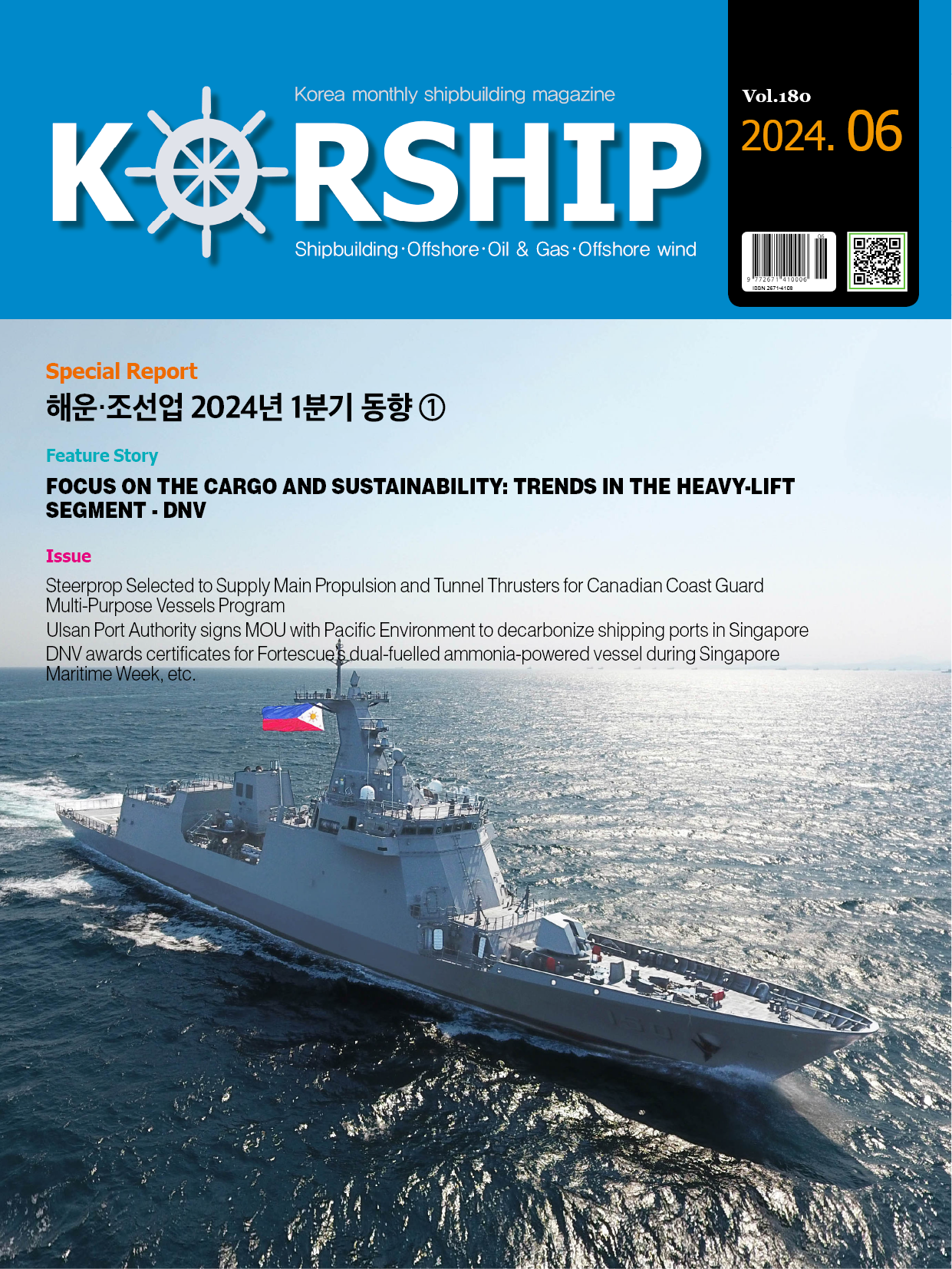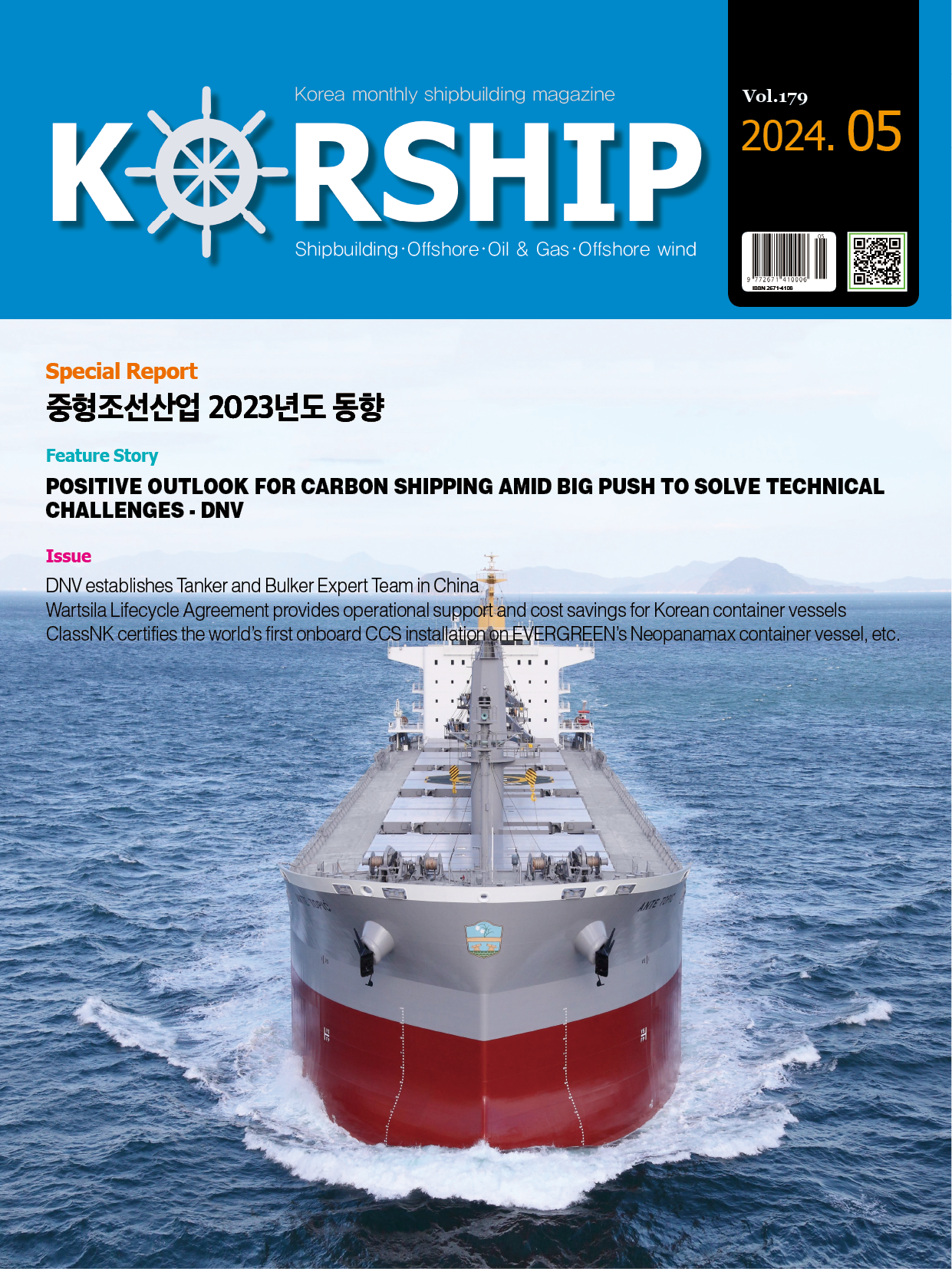ETC Maritime experts gather for a discussion on vietnam's maritime future …
페이지 정보
작성자 최고관리자 댓글 0건 조회 2,381회 작성일 19-12-23 14:59본문
Vietnam’s sea transport sector continues to achieve steady growth, with goods transported by the country’s fleet reaching more than 81 million tonnes in the first half of 2019, a year-onyear increase of 16 per cent. Statistics from Vietnam Maritime Administration also indicated that in the same period, Vietnam’s ports handled 308.8 million tonnes of goods, up 13 per cent year-on-year. Changing tides in the global economy could further fuel this growth. Striving to become a maritime powerhouse by 2030, Vietnam industry players are following global developments closely in order to thrive. To position the Southeast Asian nation for growth, Asia Pacific Maritime(APM) 2020 exhibition and conference organised a half-day Vietnam Maritime Event in Ho Chi Minh City today where local and regional speakers shed insights into issues impacting the Vietnam and global industries. Yeow Hui Leng, Group Project Director, APM said, “Vietnam has developed significantly over the past three decades and its economic outlook remains bright despite economic headwinds and global uncertainties. Rapid economic expansion has driven shipping demand. However, the country will need to stay atop of tightening regulations and modernise. As a platform that supports Asia Pacific shipping, APM is heartened to have leading maritime experts join us in addressing the current and future needs of Vietnam.
The green agenda
A major shake-up for shipping, the IMO(International Maritime Organization) 2020 Global Sulphur Cap will come into effect in less than two months, from January 2020, presenting a high technical requirement for shipowners. As this will undoubtedly raise operating and management costs due to increased fuel cost, major shipbuilding territories such as Japan, the European Union and USA, are seeking means to use liquefied fuel to reduce costs. This presents an opportune time for Vietnam to learn from global maritime players, while it relies on imports of the cleaner fuel in the meantime. Shedding light on methanol, Chris Chatterton, Chief Operating Officer of Methanol Institute said, “Methanol, unlike other alternative fuels, can really ‘move the needle’ with respect to meeting both the IMO2020 regulation and the carbon intensity reduction targets set by the IMO along several renewable or zero carbon production paths. Renewable Methanol can act as a long-term transition fuel, while as an efficient carrier of hydrogen, it can also power fuel cells, a future fuel which is deemed one of the most feasible in achieving a lower carbon approach to shipping.” About the sulphur cap’s impact on Asia, Simon Neo, Executive Director, SDE International said, “Asia is very much prepared for the IMO 2020and all major ports have made suitably graded fuels available. In the lead up to the regulation’s implementation, we are seeing vessels in the region being fixed with scrubbers. However, major ports, apart from Japan, do not allow open loop scrubbers to operate within their territorial waters. And vessels using the closed loop or hybrid system will also face some problems with the disposal of the waste products produced by these scrubbers, because not many port states have announced their readiness to receive this waste for treatment and safe disposal.”
Solutions for Tomorrow: Digitalisation
Though Vietnam’s shipping industry is poised for growth, many industry players remain beset with outdated maritime assets and limited access to capital, thereby hindering digitalisation. In light of this, the Vietnam Maritime Department issued an official call in late 2018 for Vietnamese maritime players and shipowners to accelerate the adoption of Industry 4.0 technologies. On this topic, Assistant Professor Okan Duru, Director of Maritime Studies, Nanyang Technological University (Singapore) said, “Digitalisation is an inevitable investment for survival. If shipowners and operators cannot adapt to this transformation of Industry 4.0, they will be wiped out by Industry 5.0. Among various solutions of digitalisation, workplace automation and Ship 5.0 (embedded ship automation) will change the ecosystem dramatically. Tipping-point is not as close as perceived, but it is not that far.” About the state of Vietnam’s ships, Bui Văn Trung, Secretary General, Vietnam Shipowners’ Association said, “Vietnam’s national fleet consists mostly of second-hand ships, many of which feature technologies of 15 years ago or older – this puts us at a disadvantage amid fierce competition from newer ships of foreign owners. While modernisation is a must to survive, it is also a grave problem for the shipping companies, chiefly because of low profitability in business and lack of development funds, especially from commercial sources. The current shortage of skilled maritime manpower is also another problem for the shipowners in running their business.”
- 이전글‘KOMEA, 해양중심지 그리스에 거점기지 열다.’ 19.12.23
- 다음글SHIPTEK 2019 Anchors in Greece for its 12th edition. 19.12.23












